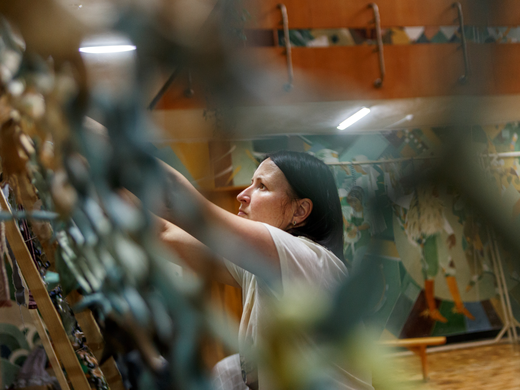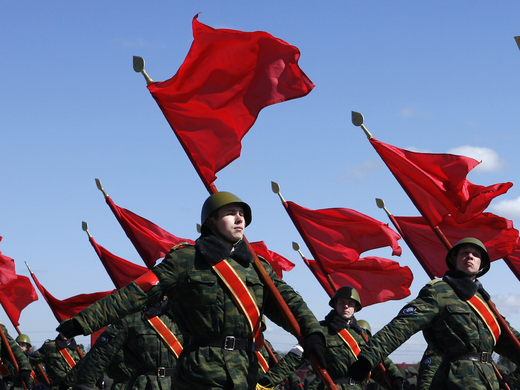On June 27, 2012, Queen Elizabeth II shook the hand of Martin McGuinness, a former Irish Republican Army commander, symbolically solidifying the long peace process that had sought to resolve the Troubles of Northern Ireland. This historic gesture illustrates that even the most ideologically heated and intractable conflicts can be resolved.
Presenting insights and recommendations gleaned from a thorough cross-comparison of eight case studies, this CIGI Junior Fellows policy brief analyzes how differing interests influence violent conflict. With a particular emphasis on the role of “ideational stakes” — intangible ideas and concepts such as social justice, personal identity and fear as central factors in these conflicts — the policy brief seeks to provide insight and recommendations that will help foster more effective peace processes.


